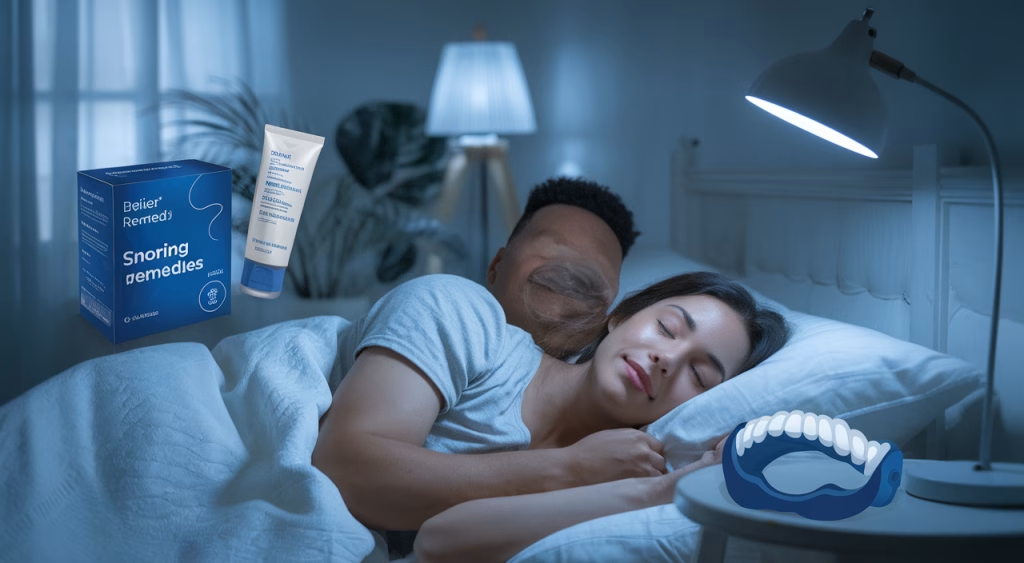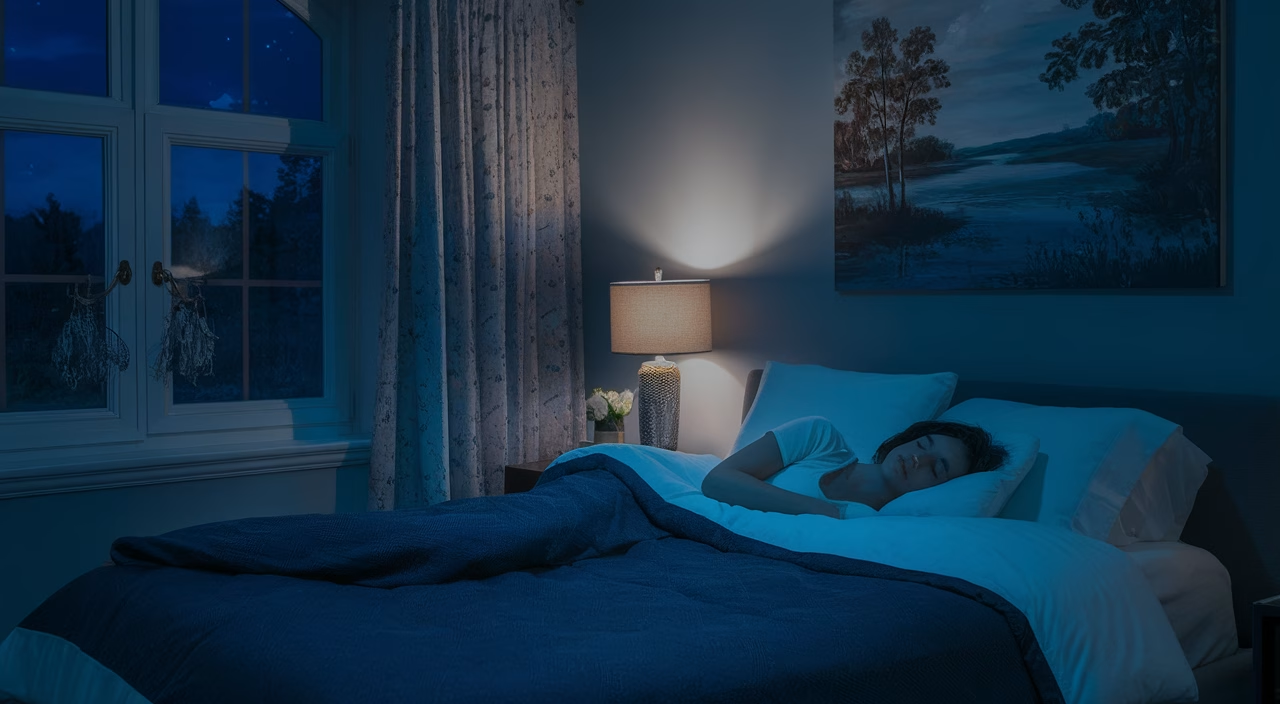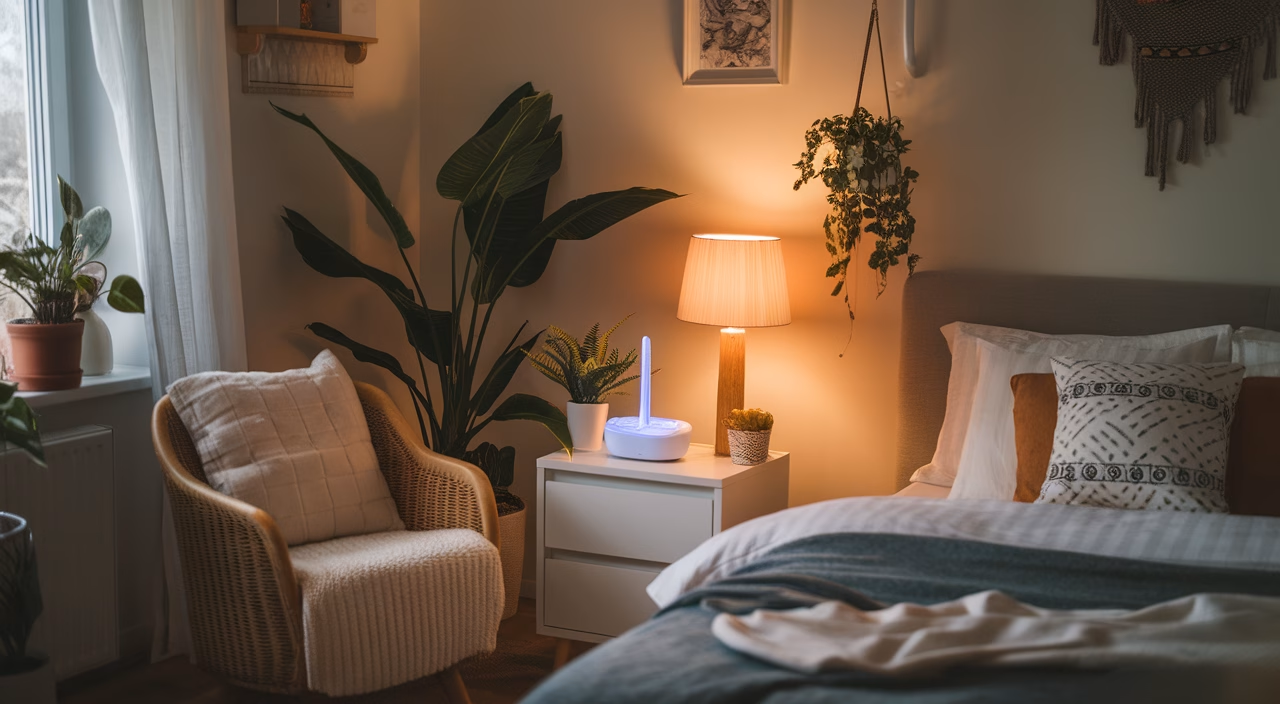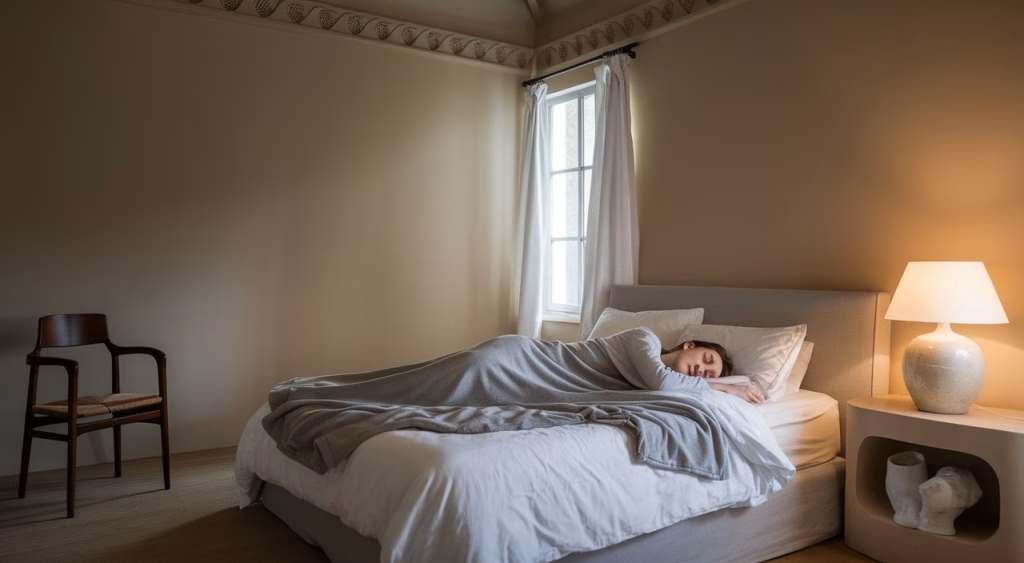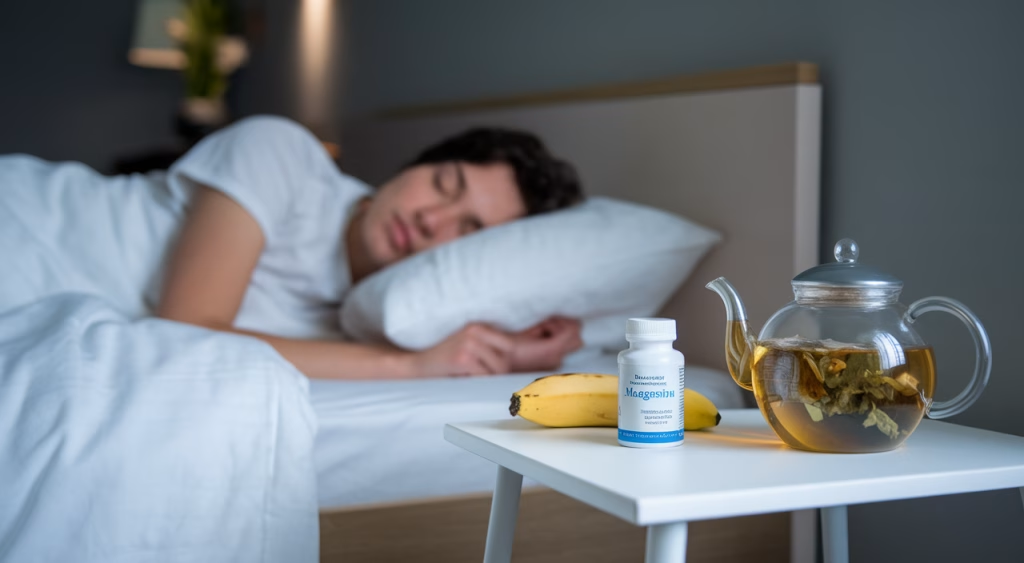What are the most effective snoring remedies that actually work?
When you’re looking for ways to stop snoring, the most effective snoring remedies target the root cause—whether it’s nasal blockage, sleep position, or muscle relaxation during sleep. The best snoring solutions involve a tailored approach: adjusting your lifestyle, trying evidence-backed home treatments, and exploring medical options for stubborn cases.
TL;DR — Summary
- Snoring has multiple causes: Nasal congestion, back sleeping, alcohol, poor muscle tone, and even your weight all play a role.
- Top lifestyle changes: Sleep on your side, avoid drinking late in the evening, and maintain a healthy weight.
- Natural remedies help: Try herbal teas, steam inhalation, and throat exercises for better airflow.
- Devices can offer quick relief: Nasal dilators, snoring mouthpieces, and chin straps work in select cases.
- Medical options exist: CPAP or minor procedures are available when simple methods fail.
- Best results come from combining strategies: Snore relief often involves several complementary remedies rather than one silver bullet.
Introduction: Understanding the Impact of Snoring
Let’s start with the truth—snoring is more than just a noisy nuisance. It disrupts your sleep, irritates your partner, and in some cases, signals more serious conditions like sleep apnea. If you wake up groggy, are frequently nudged awake, or get told you sound like a freight train, you’re not alone. Millions of people worldwide are searching for the best snoring remedies to finally enjoy uninterrupted, refreshing rest.
But here’s the thing—not all snores are the same. That’s why shotgun approaches like fancy pillows or herb-infused sprays may fall flat. To truly find effective ways to reduce snoring, you need to know your cause and match it with the right snoring treatment. So let’s gently untangle the science behind snoring and make your nights quieter, starting tonight.
Section 1: Importance of Addressing Snoring Issues
Snoring isn’t just about broken sleep or a snarky partner joke. Chronic snoring can lead to real complications: interrupted oxygen flow, daytime fatigue, cardiovascular strain, and even relationship problems.
Ever wonder why your partner drags a pillow to the couch every night? Snoring may be the reason bedrooms become battlegrounds. Addressing snoring isn’t just a health issue—it’s an emotional one, too. Unfortunately, many people brush it off, unaware that chronic snoring could be a symptom of obstructive sleep apnea (OSA), which increases the risk of heart disease and stroke.
Ignoring it won’t make it fade away. But the good news? Many snoring troubles are reversible with the right snoring solutions and consistent approach.
Section 2: Lifestyle Changes to Reduce Snoring
If you want steady, long-term snore relief, changing a few key habits can drastically reduce snoring noise. These natural ways to stop snoring are gentle and make a lasting difference for most people.
Change Your Sleep Position
Sleeping on your back lets your tongue and soft palate collapse to the back of your throat, leading to airway obstruction and snoring. Try switching to your side—this simple sleep position change is one of the most effective ways to reduce snoring. To train your body, use a body pillow or tape a tennis ball to your back so you don’t roll over.
Maintain a Healthy Weight
Extra tissue around the neck can press on airway pathways. Even a modest weight loss of 5–10% can significantly cut down snoring intensity and frequency. This snoring treatment is especially helpful for individuals with fat deposits near the throat.
Avoid Alcohol and Sedatives Before Bed
These relax throat muscles and increase the likelihood of obstruction. Stop drinking alcohol at least 3 hours before sleeping. If you take sleep-inducing medications, speak to your doctor about alternative options that won’t worsen your snoring.
Humidify Your Bedroom
Dry air irritates the membranes in your nose and throat. Try using a bedroom humidifier, especially during winter, to help maintain optimal airflow through nasal passages and reduce snoring noise naturally.
Section 3: Effective Home Remedies for Snoring
Natural snoring remedies offer a low-cost, easy way to experiment and find relief, especially if your snoring is mild to moderate. These home-based ways to stop snoring have helped countless people achieve better sleep:
Try Anti-Snoring Exercises
Strengthening the muscles around your airway can reduce the chance of collapse. These proven snoring exercises for better sleep target the throat muscles that contribute to snoring. Perform these “oropharyngeal” exercises daily:
- Repeat vowel sounds slowly: A-E-I-O-U (10x each)
- Slide the tip of your tongue against your front teeth, then back (20 reps)
- Press your tongue to the roof of your mouth then hold (10 seconds)
These snoring exercises for better sleep strengthen your throat muscles with time and consistency, offering natural snore relief.
Use Best Herbal Remedies for Snoring
Herbal teas like peppermint, eucalyptus, or ginger-lemon can reduce inflammation and encourage nasal drainage. Inhaling eucalyptus steam before sleep can clear sinus congestion quickly, making it one of the most effective natural ways to stop snoring caused by congestion.
Sleep Position for Reducing Snoring
Aside from side sleeping, elevating your head slightly can help reduce snoring noise. Try propping up your mattress or using a wedge pillow under your upper back and head to reduce gravity’s pull on your throat structures.
Try a Snoring Mouthpiece
Mouthpieces (also called mandibular advancement devices) gently realign the jaw forward to improve airflow. Snoring mouthpiece effectiveness depends on proper fit and nightly use. They are among the most researched snoring solutions available today and offer reliable snore relief for many people.
Section 4: Exploring Advanced Treatment Options
If lifestyle tweaks and home remedies haven’t provided adequate ways to reduce snoring, don’t lose hope. Many effective medical snoring treatments exist.
Positive Airway Pressure Devices
CPAP remains the gold standard snoring treatment for people with moderate-to-severe sleep apnea. It keeps your airway open using pressurized air through a mask, providing consistent snore relief. BIPAP and APAP are variants worth discussing with your doctor.
Nasal and Throat Surgeries
When anatomical issues cause snoring—such as a deviated nasal septum, large tonsils, or loose soft tissue—minor procedures may be helpful. Surgery is best viewed as a last resort after conservative snoring remedies fail.
Piercing, Laser, and Implanted Therapies
Experimental snoring treatments such as palatal implants and laser-assisted uvulopalatoplasty (LAUP) offer mixed results. These target tissue vibration, and success rates vary widely by patient.
Conclusion: Long-Term Strategies for Preventing Snoring
The most sustainable snoring treatment begins with understanding your unique root cause. You may need more than one approach from our list of ways to stop snoring. By shifting your sleep position, building throat muscle tone, reducing allergens, and even using a snoring mouthpiece consistently, you lay the groundwork for real change and lasting snore relief.
Above all, be patient with your chosen snoring remedies. Most effective snoring solutions take days or weeks to show full results. But the outcome—peaceful sleep, a happy partner, and better health—is deeply worth it.
Cost Guide: How Much Do Snoring Remedies Cost?
| Solution | Low-End | Mid-Range | High-End |
|---|---|---|---|
| Anti-snoring pillows | $20 | $50 | $100+ |
| Humidifiers | $25 | $75 | $150 |
| Mouthpieces | $30 | $80 | $200+ |
| CPAP machines | $250 | $500 | $1200+ |
| Surgical options | $500 | $2000 | $10,000+ |
FAQs
How to stop snoring really loudly?
Start by evaluating sleep position, avoid alcohol before bed, treat allergies, and try a mandibular advancement device. If snoring persists loudly every night, see a sleep specialist to rule out sleep apnea and explore advanced snoring treatments.
Is sleeping on your side enough to stop snoring?
It’s one of the most effective ways to reduce snoring—especially if snoring worsens when lying on your back. But pairing this sleep position change with throat exercises or nasal strips makes it even more effective for snore relief.
Can herbal teas reduce snoring?
Yes, these natural snoring remedies like peppermint or eucalyptus can reduce inflammation and improve nasal breathing, helping decrease snoring for people with congestion-related symptoms.
Do anti-snoring mouthpieces really work?
Yes—for many mild or moderate snorers, custom-fitted mouthpieces improve jaw position and reduce airflow blockage, making them one of the most reliable snoring solutions available.
What is the fastest natural snoring remedy?
Steaming with eucalyptus or taking a hot shower before bedtime can offer near-immediate snore relief if nasal congestion is the cause of your snoring.
Should I see a doctor about my snoring?
If snoring is loud, nightly, and associated with daytime sleepiness or pauses in breathing, consult a physician. It may indicate sleep apnea requiring professional snoring treatment.
Are there risks to ignoring loud snoring?
Yes, especially if it’s a symptom of sleep apnea. Possible consequences include high blood pressure, fatigue, cardiovascular events, and mood disorders.

